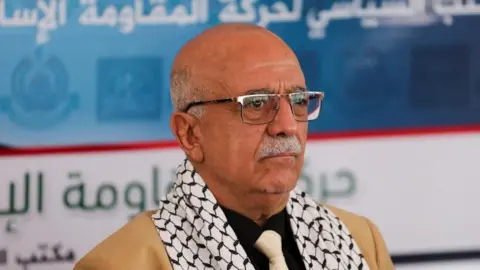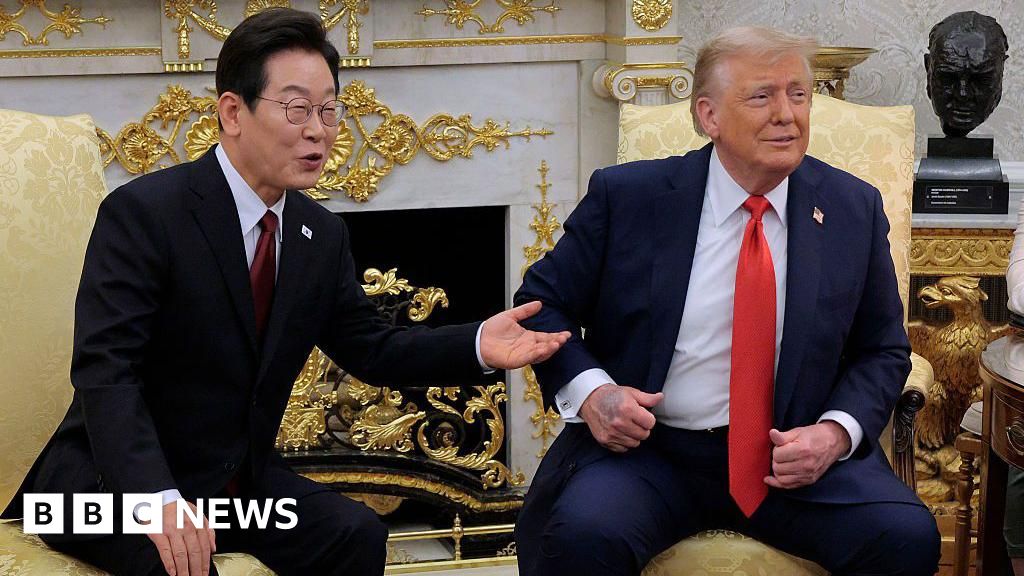Abdullah Ahmad Badawi, Malaysia's former prime minister known for his gentle leadership style, has died at the age of 85 in the capital city of Kuala Lumpur. His passing was confirmed by Khairy Jamaluddin, a family member, after a long battle with health issues including dementia and respiratory problems. Abdullah's tenure from 2003 to 2009 followed the ambitious and often abrasive governance of Mahathir Mohamad, marking a significant shift in the nation’s political discourse.
Widely respected for encouraging dialogue and addressing the complexities of Malaysian society, Abdullah's leadership coincided with notable political reforms. Scholars noted that his administration allowed for greater political liberties and a relaxation of press censorship, which fostered a more vibrant and robust public discourse. This shift was particularly significant in a nation where the interplay between moderate and hard-line factions of Islam, along with ethnic relations between the Muslim majority and minority Chinese and Indian communities, has historically shaped political dynamics.
Despite these strides toward reform, Abdullah faced criticism for his less vigorous approach to leadership. His visible struggles with sleep apnea, which often led to him falling asleep during public appearances, earned him the moniker of "the sleeping prime minister." Nevertheless, his initial election victories bolstered his agenda, providing a foundation upon which he hoped to build a more inclusive Malaysia.
Reflecting on Abdullah's contributions, Bridget Welsh, a noted expert on Malaysian politics, emphasized his ability to open political dialogue, stating that while he fostered a climate of expectation for change, it ultimately led to both advancements and challenges during his tenure. The legacy of Abdullah Ahmad Badawi continues to resonate as Malaysia navigates its multifaceted political landscape.




















